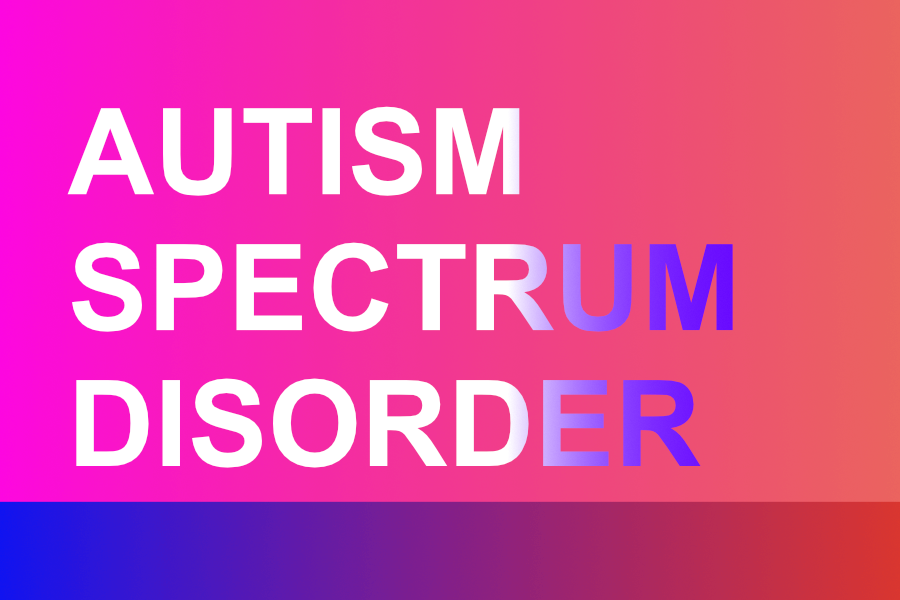Learn about Antisocial Personality Disorder
What is Antisocial Personality Disorder?
Those who have antisocial personality disorder display impulsive, irresponsible and risk-taking behaviour. They are driven by their own needs and desires and put these first above other people, even if it means hurting others in the process. They often struggle to feel empathy for others, resulting in a lack of remorse for any distress they may cause. Dishonesty, manipulation and coercion are often used by the individual towards other people in order to maintain control. This behaviour can be unpleasant for the people around them, which often makes it difficult for people with antisocial personality disorder to form and maintain friendships and relationships.
However, it is important to note that like other personality disorders, antisocial personality disorder is on a spectrum, and so the severity of these characteristics may be different for different people.
What are some of the symptoms of Antisocial Personality Disorder?
1. A blatant disregard for right and wrong
2. The use of lying and dishonesty in order to exploit other people
3. Being callous and disrespectful towards other people
4. Using wit or charm in order to manipulate others for personal gain or pleasure
5. Being arrogant and extremely opinionated, and displaying a sense of superiority over
other people.
6. Problems with the law, including criminal behaviour
7. Violating the rights of others by being dishonest or intimidating
8. Failing to plan ahead and acting impulsively
9. Hostility, aggression or violence towards other people.
10. Lack of empathy and a lack of guilt or remorse for harming other people.
11. Unnecessary risk-taking or dangerous behaviour with no regard for the safety of others or themselves
12. Poor or abusive relationships
13. Failure to consider the negative consequences of their own behaviour and failing to learn from it
14. Irresponsible behaviour (e.g., repeatedly failing to fulfil obligations – personal life, work or school).
How does Antisocial Personality Disorder develop?
Research has shown that males are at a higher risk of developing antisocial personality disorder than females. It is unclear exactly why some people develop this disorder, but evidence suggests that both genetics and childhood traumatic experiences can increase the risk. From a genetic standpoint, those who have a history of this disorder in their family may be more at risk. It is also very common for individuals with this personality disorder to have experienced a difficult childhood (e.g., childhood abuse and neglect and/or growing up in an unstable, violent or chaotic environment). Those who have been diagnosed with Conduct Disorder before the age of 15 are also at a higher risk of developing Antisocial Personality Disorder as an adult, some of the signs and symptoms for childhood Conduct Disorder are as follows;
1. Aggression/violent behaviour towards people and animals
2. Destruction of property
3. Deceitfulness
4. Theft
5. Significant rule violations
Problems and Consequences Associated with Antisocial Personality Disorder
Individuals with this personality disorder may experience a number of problems and consequences during their lifetime as a result of it. Some of these include;
1. Abusive relationships (e.g., abusing or neglecting their spouse and/or children)
2. Issues with alcohol and/or substance abuse
3. Issues with the law, criminal activity – spending time in prison
4. Homicidal or suicidal behaviours
5. Other mental health disorders (e.g., depression or anxiety)
6. Low economic and social status, leading to homelessness
7. Premature death, often as a result of violence
How can Antisocial Personality Disorder be treated?
Evidence suggests that the behaviour associated with antisocial personality disorder can improve with therapy, even if some of the core characteristics such as lack of empathy remain. However, it is also important to acknowledge that antisocial personality disorder is one of the most difficult personality disorders to treat. In many cases, the involvement of substance misuse services and social care is vital for the individual’s treatment.
Cognitive behavioural therapy (CBT) is sometimes used to treat antisocial personality disorder, in order to help the individual change their unhelpful thoughts and behaviours.
However, evidence has shown that community-based programmes can be a much more effective long-term treatment, and these are frequently utilised in prisons. This type of social therapy aims to address the person’s risk of offending, as well as their psychological and emotional needs. It creates an environment where both staff and prisoners contribute to the decisions of the community.
More details about Antisocial Personality Disorder
See nhs.uk
Please feel free to contact us if you have any questions about the psychological therapies we offer at our facilities that could be able to help with antisocial personality disorder.
Trusted & Private Therapy
Our therapy and counselling services extend to both adults and children. We can work on an individual one to one basis, with couples, families and also groups. We provide a safe space in which you can share your problems as you gain a greater understanding of them. We help you to find ways in which you can either resolve or manage these issues better.
Glossary of Conditions

Anxiety
Anxiety refers to thoughts, feelings and physical sensations of worry or feeling under threat. Feeling like you are struggling to breathe or living your day-to-day life you may benefit from therapy.

Binge Eating Disorder
Binge-eating disorder is a disorder where a person eats a large amount of food in a short space of time. They may not be hungry when doing this, often resulting in physical discomfort.

Depression
Depression is a disorder involving a prolonged period of low mood and it affects people differently. Depression is more than just feeling sad it is a prolonged change in mood.

OCD
Obsessive-compulsive disorder is characterised by recurrent persistent thoughts that cause distress until the person performs ritualised behaviour.

Panic Disorder
Panic Disorder is an anxiety disorder and it occurs when you have a surge of intense fear that strikes suddenly and repeatedly without warning.

PTSD
Post traumatic stress disorder develops after having or witnessing a traumatic experience. This could be an accident, an assault or some forms of abuse.

Anger
It is important to recognise that anger is not necessarily a mental health problem. Everyone experiences the emotion sometimes. It is often a response to mistreatment or abuse.

Generalised Anxiety Disorder
Generalized anxiety disorder, or GAD, is a mental illness. It belongs to a group of illnesses called anxiety disorders.

Anorexia Nervosa
Anorexia nervosa involves a reduced food intake, below a person’s medical needs. Their mind will be very focused on eating habits to change your bodies size and shape.

Autism Spectrum Disorders
Autism spectrum disorders (ASD) are a set of conditions that influence the way a person takes in information. People with ASD’s can experience difficulties in communication.

Borderline Personality Disorder
Those who have Borderline Personality Disorder (BPD) suffer from recurrent, uncontrollable and difficult changes in mood.

Antisocial Personality Disorder
Those who have antisocial personality disorder display impulsive, irresponsible and risk-taking behaviour.

ADHD
Attention deficit hyperactivity disorder is a neurodevelopmental disorder often first recognised in childhood but it can be lifelong.